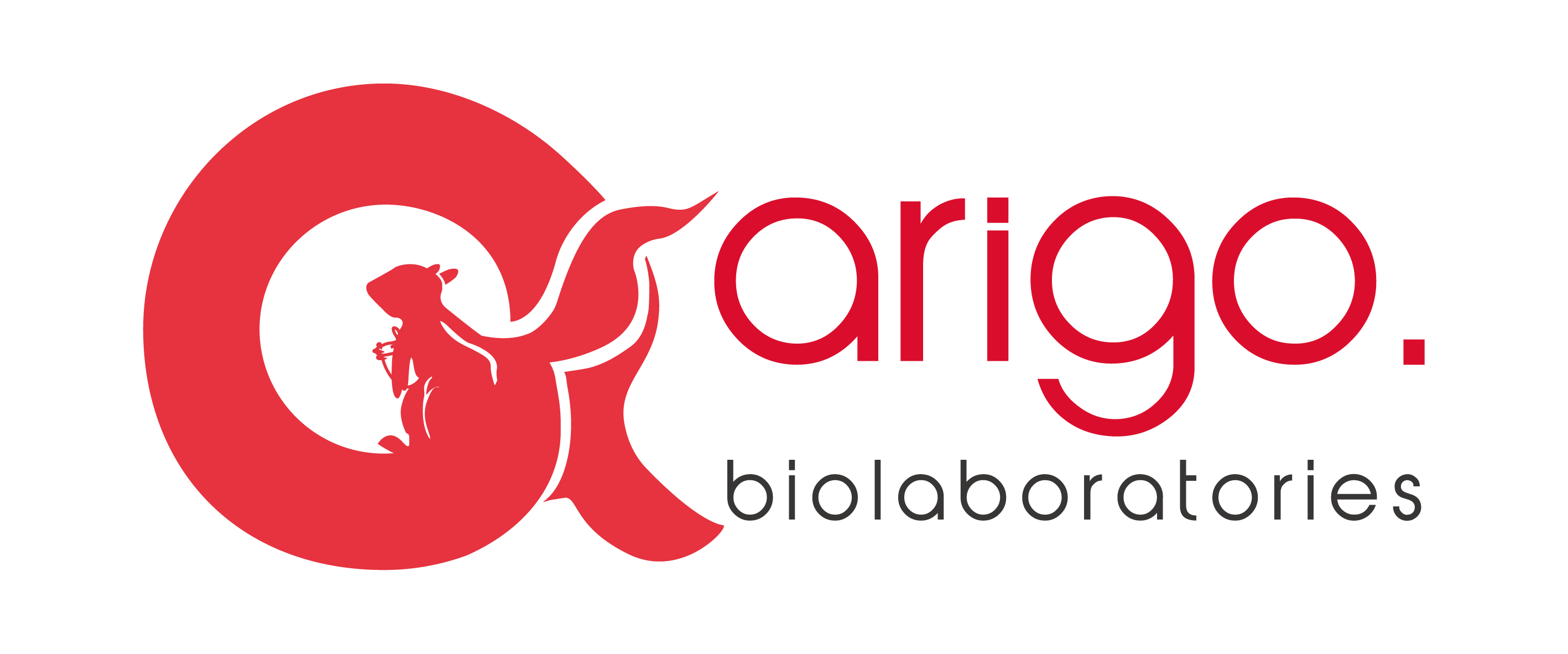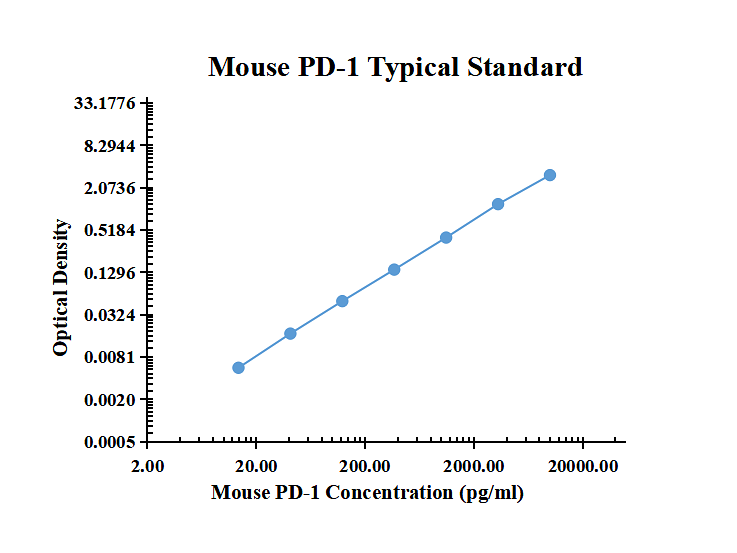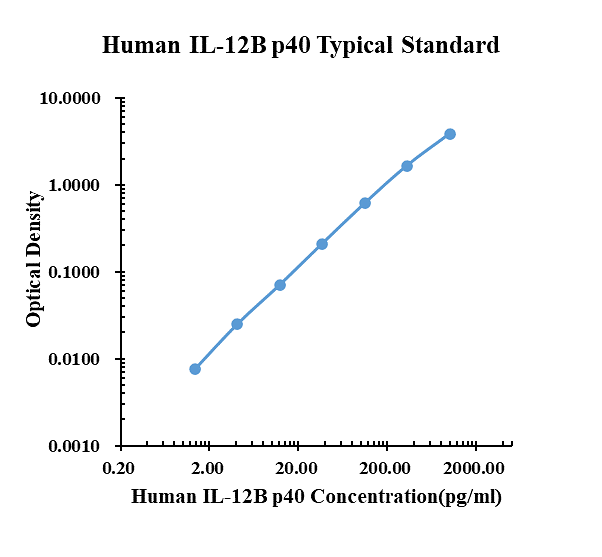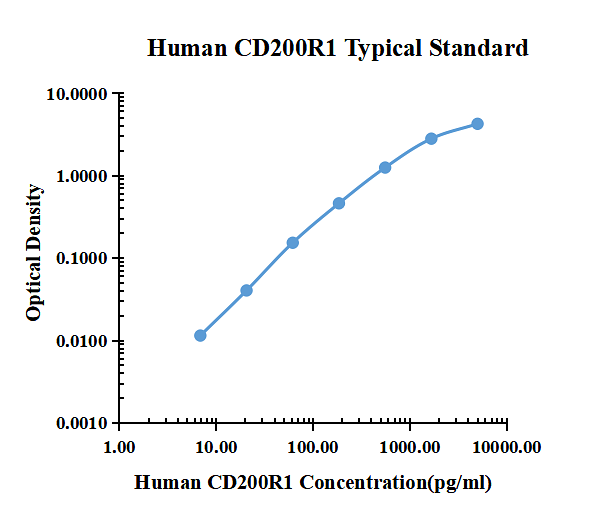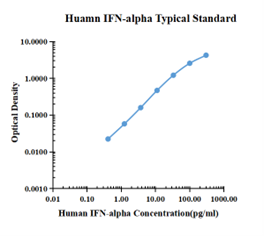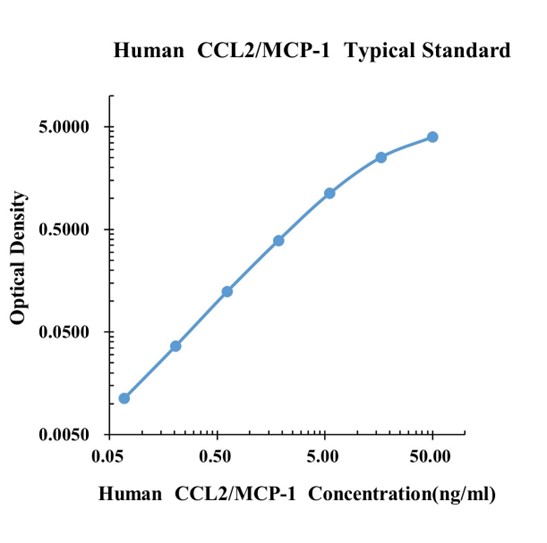anti-TNF alpha antibody [CC328] (Biotin)
CAT.NO. : ARG23265
US$ Please choose
US$ Please choose
Size:
Trail, Bulk size or Custom requests Please contact us
概述
| 产品描述 | Biotin-conjugated Mouse Monoclonal antibody [CC328] recognizes TNF alpha Mouse anti Bovine TNF alpha antibody, clone CC328 recognizes bovine TNF alpha, a 17. 5kDa cytokine, expressed by many different stimulated cell types including monocytes, macrophages, endothelial cells, fibroblasts and both T and B-lymphocytes. The production of TNF alpha is induced by a variety of factors, dependant upon cell type and includes bacterial toxins, IL-1, PDGF, IFN-beta, NGF, Oncostatin M and viral infections. The presence of TNF alpha is responsible for diverse immunomodulatory, anti-tumour and toxic effects and under certain conditions is also capable of self-stimulation and inhibition. |
|---|---|
| 反应物种 | Bov, Sheep |
| 应用 | ELISA |
| 宿主 | Mouse |
| 克隆 | Monoclonal |
| 克隆号 | CC328 |
| 同位型 | IgG2a |
| 靶点名称 | TNF alpha |
| 抗原物种 | Bovine |
| 抗原 | Recombinant Bovine TNF alpha. |
| 偶联标记 | Biotin |
| 別名 | Tumor necrosis factor ligand superfamily member 2; DIF; Cachectin; ICD2; ICD1; N-terminal fragment; TNF-a; TNFA; TNFSF2; TNF-alpha; Tumor necrosis factor; NTF |
应用说明
| 应用建议 |
| ||||
|---|---|---|---|---|---|
| 应用说明 | ELISA: This biotin conjugate may be used as a detection antibody in a sandwich ELISA for bovine TNF alpha. * The dilutions indicate recommended starting dilutions and the optimal dilutions or concentrations should be determined by the scientist. |
属性
| 形式 | Liquid |
|---|---|
| 纯化 | Purification with Protein G. |
| 缓冲液 | PBS and 0.09% Sodium azide. |
| 抗菌剂 | 0.09% Sodium azide |
| 浓度 | 1 mg/ml |
| 存放说明 | Aliquot and store in the dark at 2-8°C. Keep protected from prolonged exposure to light. Avoid repeated freeze/thaw cycles. Suggest spin the vial prior to opening. The antibody solution should be gently mixed before use. |
| 注意事项 | For laboratory research only, not for drug, diagnostic or other use. |
生物信息
| 数据库连接 | |
|---|---|
| 基因名称 | TNF |
| 全名 | tumor necrosis factor |
| 背景介绍 | This gene encodes a multifunctional proinflammatory cytokine that belongs to the tumor necrosis factor (TNF) superfamily. This cytokine is mainly secreted by macrophages. It can bind to, and thus functions through its receptors TNFRSF1A/TNFR1 and TNFRSF1B/TNFBR. This cytokine is involved in the regulation of a wide spectrum of biological processes including cell proliferation, differentiation, apoptosis, lipid metabolism, and coagulation. This cytokine has been implicated in a variety of diseases, including autoimmune diseases, insulin resistance, and cancer. Knockout studies in mice also suggested the neuroprotective function of this cytokine. [provided by RefSeq, Jul 2008] |
| 生物功能 | Cytokine that binds to TNFRSF1A/TNFR1 and TNFRSF1B/TNFBR. It is mainly secreted by macrophages and can induce cell death of certain tumor cell lines. It is potent pyrogen causing fever by direct action or by stimulation of interleukin-1 secretion and is implicated in the induction of cachexia, Under certain conditions it can stimulate cell proliferation and induce cell differentiation. Impairs regulatory T-cells (Treg) function in individuals with rheumatoid arthritis via FOXP3 dephosphorylation. Upregulates the expression of protein phosphatase 1 (PP1), which dephosphorylates the key 'Ser-418' residue of FOXP3, thereby inactivating FOXP3 and rendering Treg cells functionally defective. Key mediator of cell death in the anticancer action of BCG-stimulated neutrophils in combination with DIABLO/SMAC mimetic in the RT4v6 bladder cancer cell line. The TNF intracellular domain (ICD) form induces IL12 production in dendritic cells. [UniProt] |
| 产品亮点 | Related products: TNF alpha antibodies; TNF alpha ELISA Kits; TNF alpha Duos / Panels; TNF alpha recombinant proteins; Anti-Mouse IgG secondary antibodies; Related news: HMGB1 in inflammation Inflammatory Cytokines |
| 预测分子量 | 26 kDa |
| 翻译后修饰 | The soluble form derives from the membrane form by proteolytic processing. The membrane-bound form is further proteolytically processed by SPPL2A or SPPL2B through regulated intramembrane proteolysis producing TNF intracellular domains (ICD1 and ICD2) released in the cytosol and TNF C-domain 1 and C-domain 2 secreted into the extracellular space. The membrane form, but not the soluble form, is phosphorylated on serine residues. Dephosphorylation of the membrane form occurs by binding to soluble TNFRSF1A/TNFR1. O-glycosylated; glycans contain galactose, N-acetylgalactosamine and N-acetylneuraminic acid. [UniProt] |
 New Products
New Products




![anti-TNF alpha antibody [CC328] (Biotin)](/upload/image/20241105/8415bc38bc270b898ee2a90369a6c7fb.jpg)
